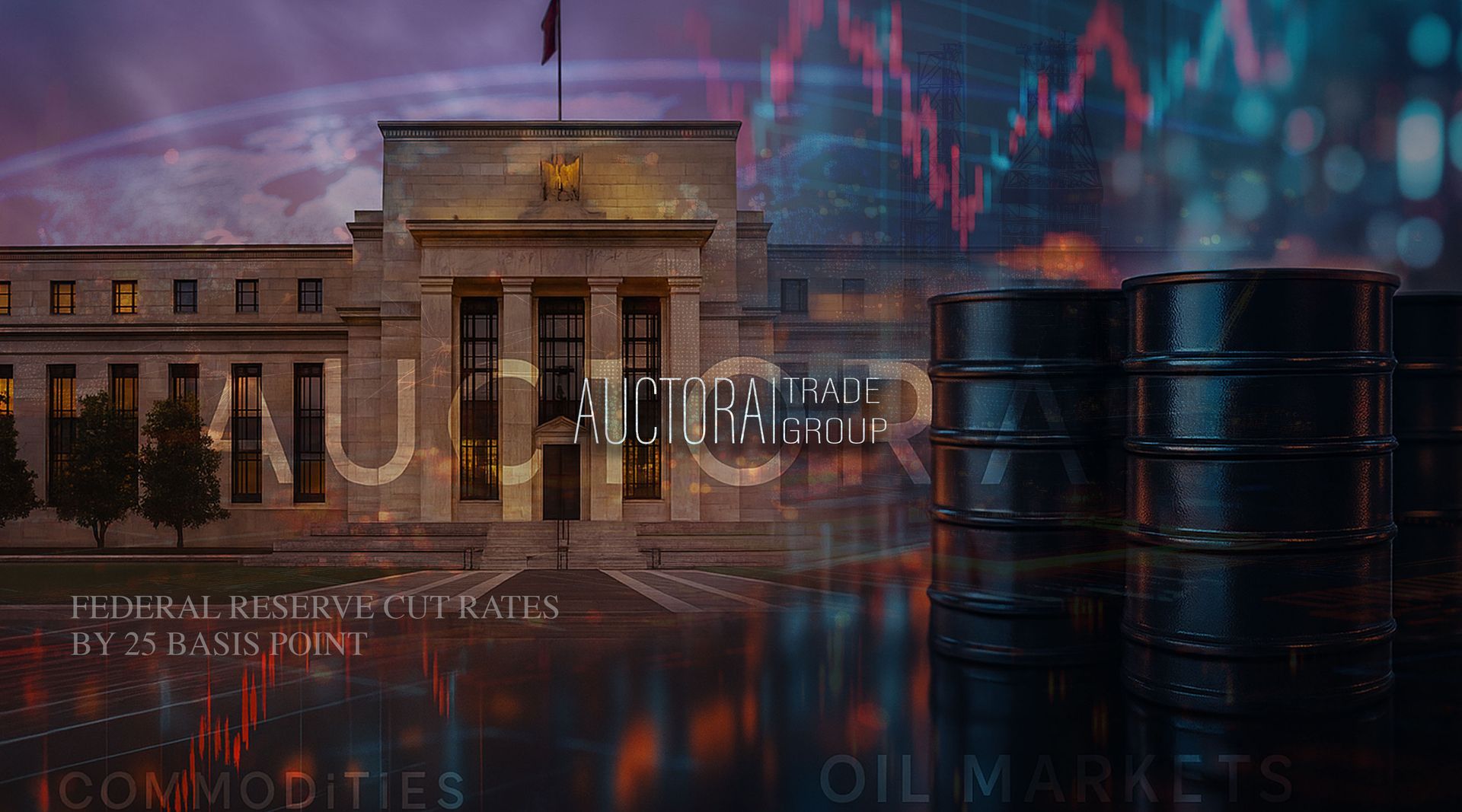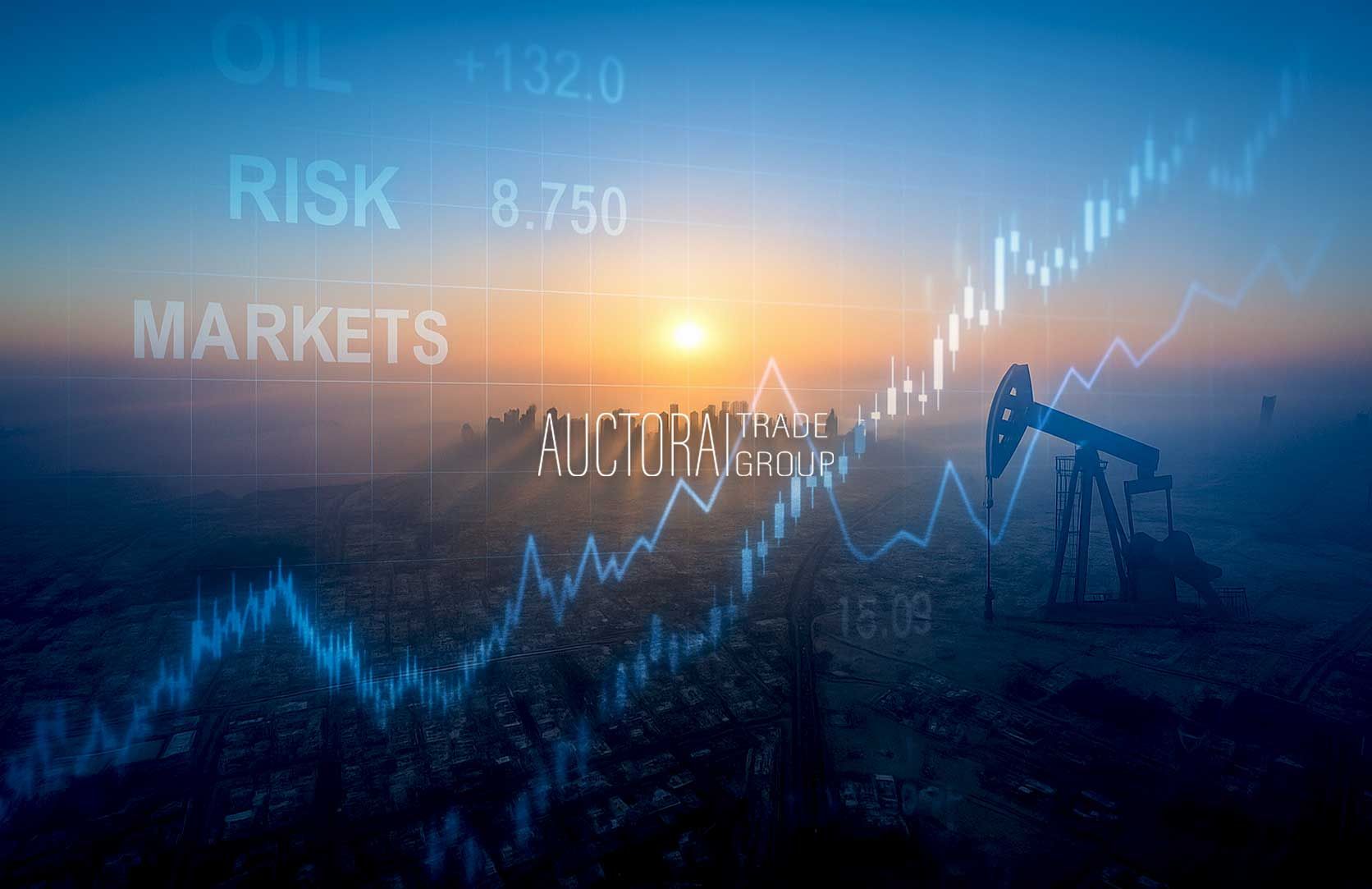Gold prices have experienced a significant rally in 2025
Gold prices have experienced a significant rally in 2025, with Goldman Sachs increasing its year-end forecast to $3,700 per ounce, citing stronger-than-anticipated central bank demand and rising recession concerns . The precious metal has already reached a record high of $3,245 following recent market turbulence linked to tariff announcements. Other institutions, including UBS and Bank of America, have also raised their forecasts, highlighting gold's appeal as a hedge against economic downturns and geopolitical risks.markets.businessinsider.com+1NDTV Profit+1
Investors are closely monitoring these developments, as gold continues to serve as a safe-haven asset amid global economic uncertainties.
In a year marked by geopolitical tension, market volatility, and monetary policy shifts, gold has reaffirmed its role as a global safe-haven asset. In 2025, gold prices have surged to record-breaking levels, reflecting deepening concerns over inflation, recession risks, and the search for portfolio security.
A Record-Breaking Rally
Gold began the year on a strong note, breaking past the $2,400/oz mark in early Q1. As of April 2025, prices soared to an all-time high of $3,245 per ounce, driven largely by a combination of central bank accumulation, weakening global economic indicators, and investor demand for stable assets.
Investment banks have responded accordingly:
- Goldman Sachs raised its year-end forecast to $3,700/oz, citing sustained demand from central banks and institutional investors.
- Bank of America and UBS echoed similar optimism, projecting continued upward momentum throughout 2025.
Central Banks Lead the Charge
One of the key catalysts behind the rally is central bank demand—particularly from emerging markets. Countries such as China, Turkey, and India have been steadily increasing their gold reserves to diversify away from the U.S. dollar and buffer their economies against foreign exchange volatility and geopolitical shocks.
According to recent reports from the World Gold Council, global central bank purchases in Q1 2025 reached the highest quarterly total in over a decade. This trend signals a strategic shift in monetary policy management, with gold playing a central role in long-term reserve planning.
Investor Sentiment and Global Headwinds
Investor sentiment has also turned decisively toward gold, as global equities remain under pressure and bond yields fluctuate unpredictably. Key market concerns include:
- Renewed trade tensions between major economies
- Volatile energy prices impacting inflation outlooks
- Currency devaluation in developing markets
- Growing uncertainty around global interest rate trajectories
These factors have heightened demand for tangible, non-yielding assets like gold—valued for its stability in times of crisis.
A Strategic Asset in Turbulent Times
For buyers and investors alike, gold is once again proving its worth not just as a commodity, but as a strategic financial instrument. The current momentum in the market suggests that institutional and sovereign players are preparing for prolonged uncertainty—and doing so with gold at the centre of their asset strategy.
Auctora’s View
At Auctora Trade Group, we continue to monitor the precious metals space closely, supporting qualified buyers and verified sellers in navigating opportunities within this dynamic market. Whether you’re seeking refined bullion, dore bars, or strategic trade insights, our team is equipped to facilitate high-integrity transactions with the discretion and structure today’s market demands.
















